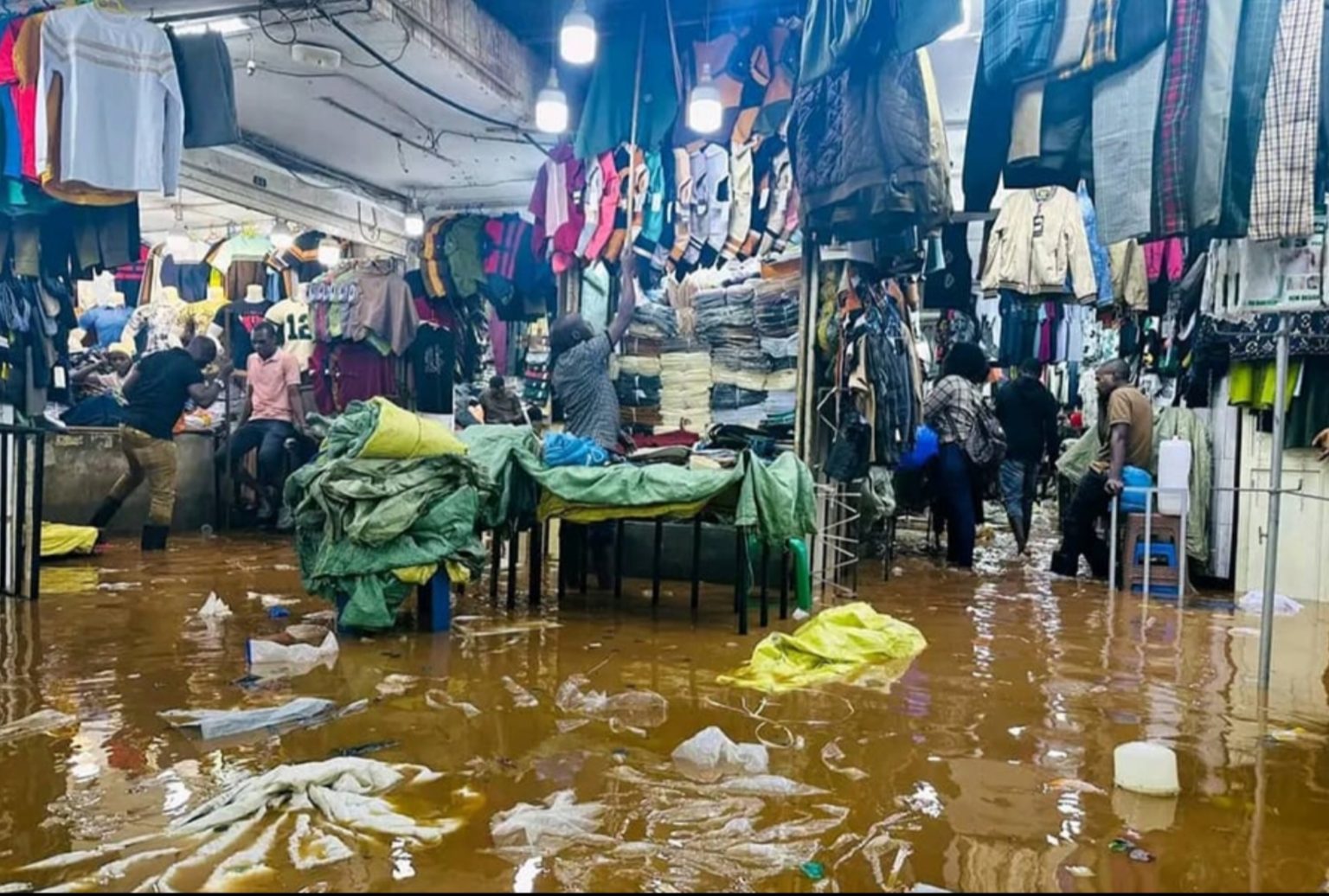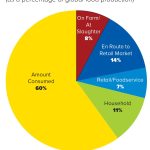
KAMPALA FLOODS: TRADERS CRY OUT AS LOSSES MOUNT AND GOVERNMENT INTERVENTION STALLS
By Juma Musoke | November 2, 2025
KAMPALA — For many traders in the city’s central business district, the story has become painfully familiar. Each time heavy rains pour over Kampala, floodwaters sweep through shops, drenching merchandise and turning bustling streets like Kikuubo, Allen Road, and the Nakivubo Channel corridor into rivers of mud and debris.
Over the weekend, torrential rains once again submerged downtown shops, leaving traders counting millions of shillings in losses. “This has become a routine disaster,” lamented one trader in Kikuubo. “We have raised the same issue countless times, but no one seems to act.”
A RECURRING CRISIS
What unfolded in the city is not a one-off incident. Flooding in Kampala’s trading zones has become a seasonal economic nightmare, one that continues to paralyze small and medium enterprises that form the backbone of Uganda’s urban economy.
Many business owners say the problem lies not only in nature’s wrath but in persistent urban mismanagement. Blocked drainage systems, poor waste disposal, and unchecked construction on wetlands continue to worsen the situation.
According to Kampala Capital City Authority (KCCA), the Nakivubo Channel — the main drainage artery for downtown Kampala — remains clogged despite repeated desilting attempts. Experts warn that without consistent maintenance and proper enforcement of environmental regulations, the city’s drainage system will remain overwhelmed.
TRADERS DEMAND ACTION
Affected traders are now calling on the central government and KCCA to take urgent, coordinated action. Their key demands include:
- Full rehabilitation of Nakivubo Channel to allow free water flow during heavy rains.
- Creation of an emergency compensation fund for businesses repeatedly affected by flooding.
- Tight enforcement against waste dumping and illegal construction in drainage reserves and wetlands.
“The government must treat this as an economic issue, not just an environmental one,” said another shop owner in Nakasero Market. “Every flood pushes traders deeper into debt. We need intervention, not sympathy.”
COUNTING THE COST
Preliminary estimates suggest that weekend floods destroyed goods worth several billion shillings — from electronics and clothes to imported household items. Some traders are now unable to restock in time for the festive season, threatening livelihoods and job security across the downtown area.
The Uganda National Chamber of Commerce has also weighed in, urging city authorities to establish a long-term flood resilience plan that integrates traders, engineers, and local leaders.
A CALL FOR URGENT INTERVENTION
As the rains persist, many in the business community fear that inaction will continue to erode confidence in Kampala as a commercial hub. “We are losing not just goods, but trust in the system,” noted one retailer. “We need drainage that works — and a government that listens.”
Until that happens, every downpour will remain a reminder of what many now call “Kampala’s predictable disaster.”



